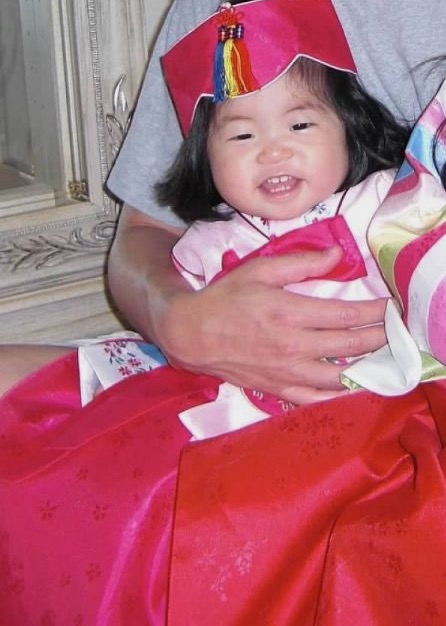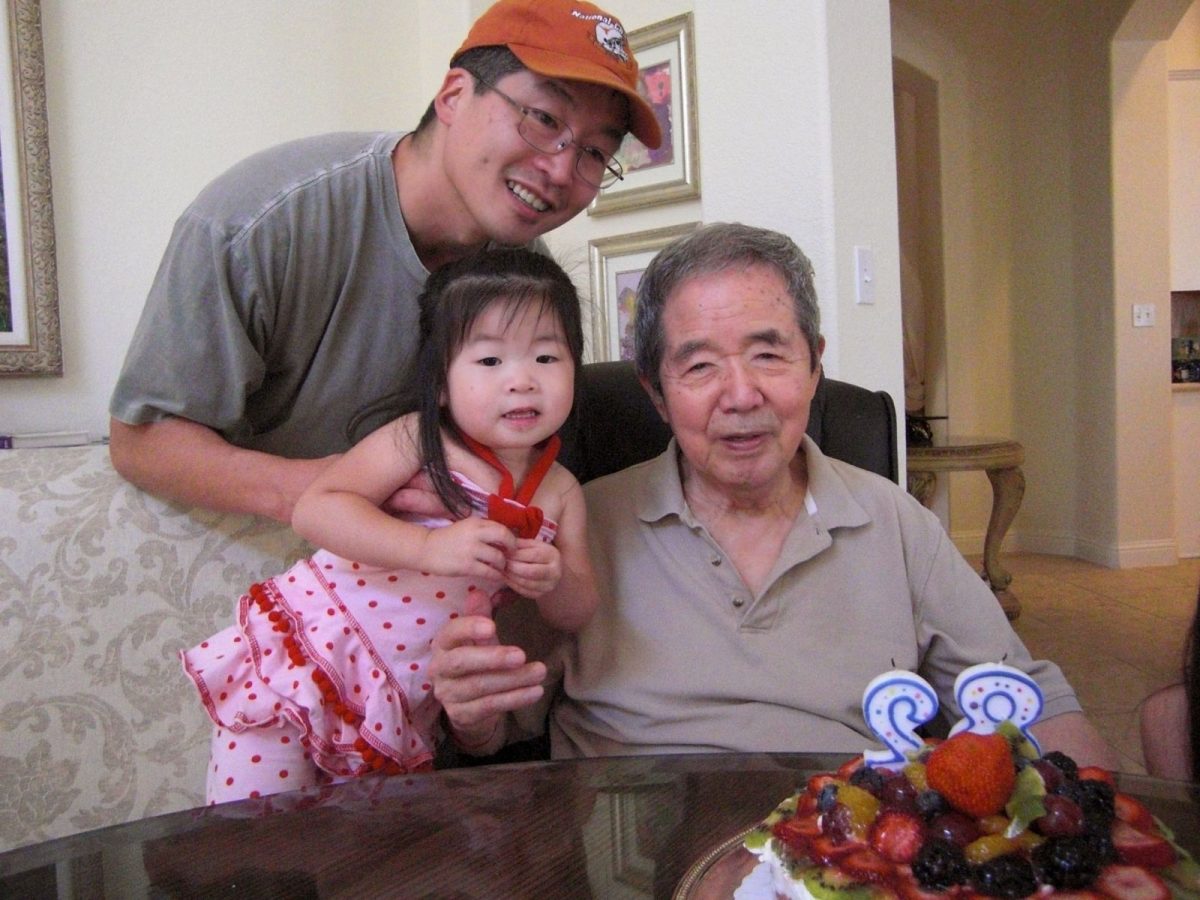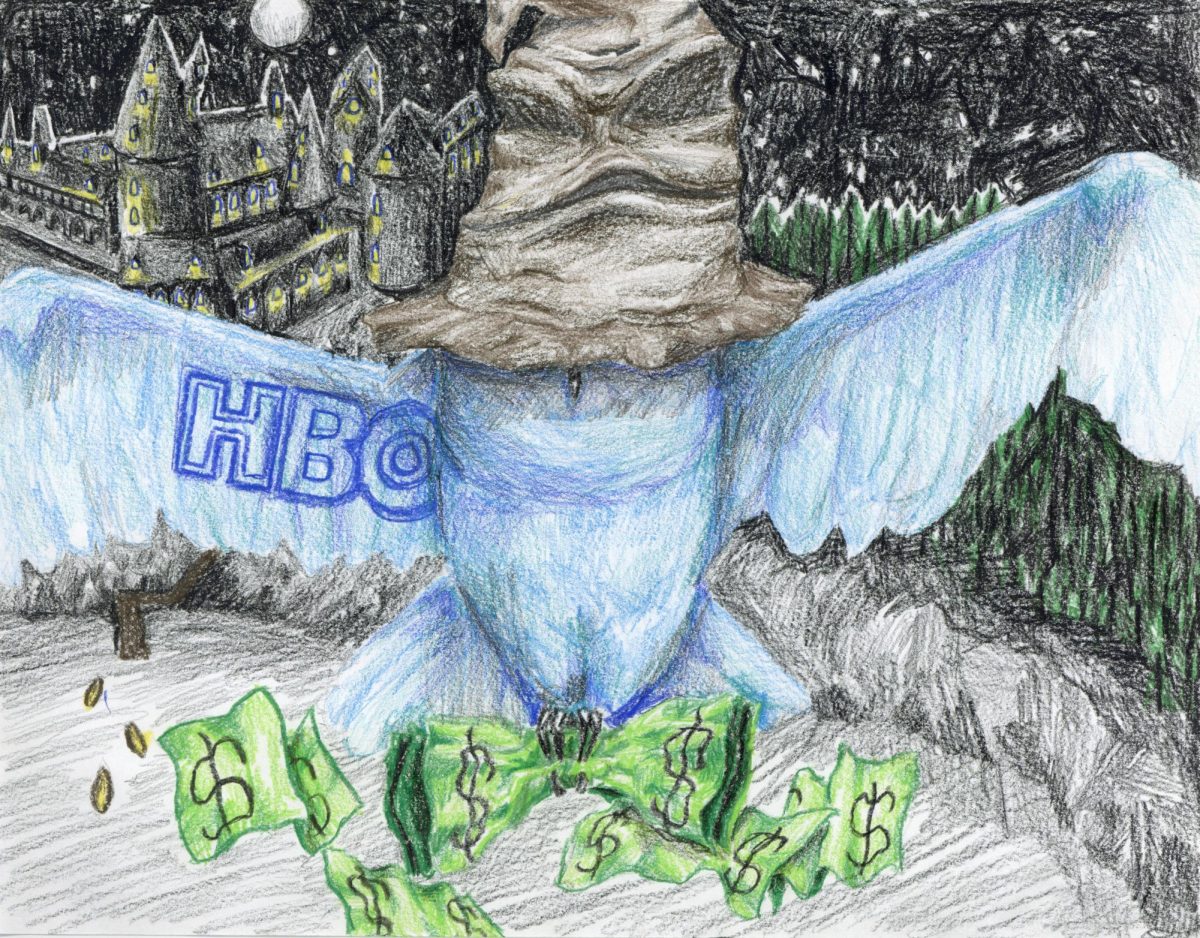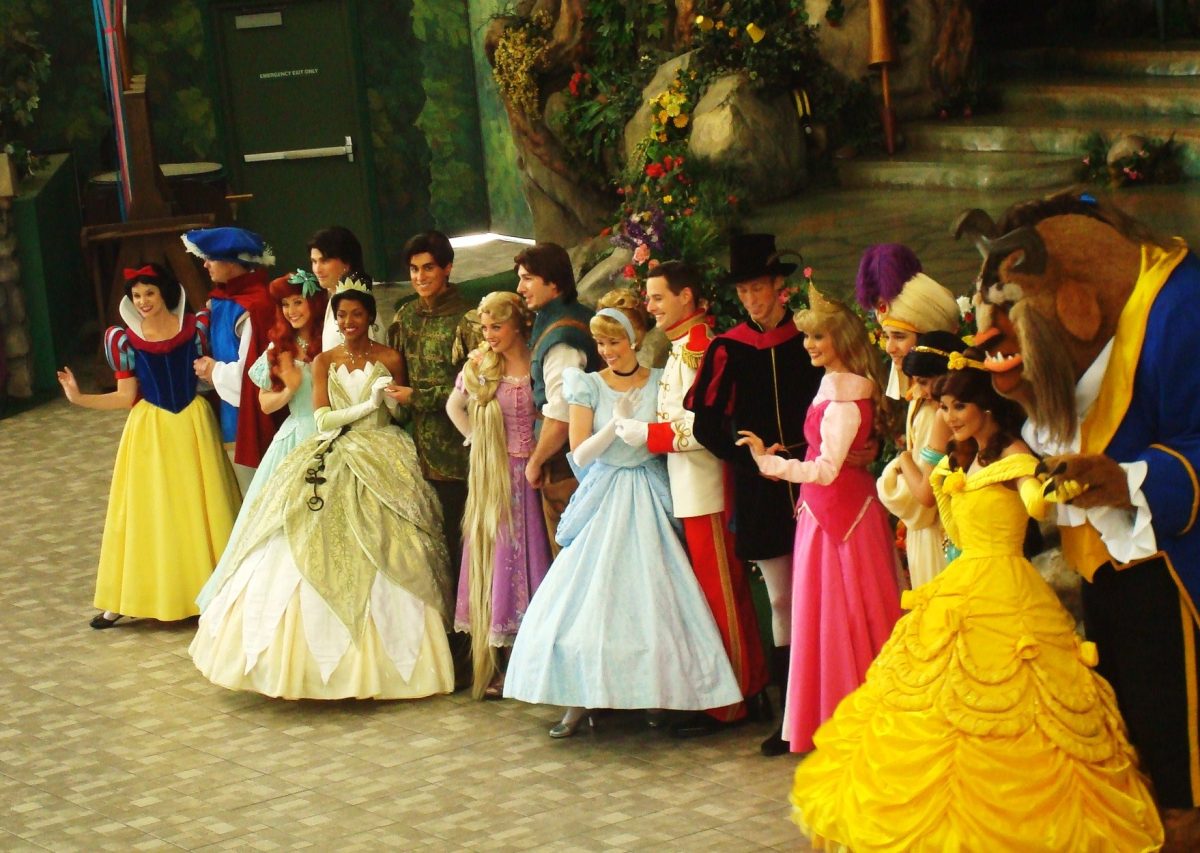My mother came into my kindergarten classroom with a picture book and bag of colorful fabric. The book was “New Clothes for New Year’s Day” by Hyun-Joo Bae, and the cover featured an illustration of a young girl dawning traditional clothes. The book was about Korean Lunar New Year traditions, and my mother thought she would show the hanbok (traditional Korean dress) that Koreans wear to the class as well. So, in that bag my mother brought, was my own hanbok.
A sense of dread overcame me as my mother asked me to put the hanbok on.
The beautiful outfit I normally loved to wear became a source of embarrassment as the thought of “everyone will think I’m weird” circulated in my brain.
I shook my head as my mother pulled me over to the side. Red in the face, I refused to wear the hanbok in front of everyone.
That’s the only memory I have of being embarrassed to be Korean. Not because I necessarily grew to accept, love and embrace my heritage, but rather because I never ended up sharing my culture with my peers again. There wasn’t much for me to share after all.
I’m a third generation Korean-American. My father’s family is Korean, and my mother’s family is Korean. Yet, despite being entirely ethnically Korean, I’ve always felt “more American.”
I’ve never been to Korea. I don’t know how to speak any Korean beyond jumbled pronunciation of food. I don’t know many Korean traditions. The one I do celebrate is Lunar New Year with my grandparents, where I would dress in my red and green hanbok in the comfort of their home. As I would show my grandparents my hanbok, I would feel a sense of pride–a feeling so vastly different than I experienced in that classroom.
As I’ve grown older, I’ve seen others talk about the importance of their culture to them, but it’s never something that I can relate to. On occasion, I’d feel uneasy and a sense of jealousy would stir within me. Why can’t I feel that sense of belonging and pride others do?
My lack of understanding for my heritage is partially due to circumstance, but also because of a lack of effort on my part. While I asked my mother to teach me the language my grandparents spoke, I never put in the effort to learn, which leads to a frustrating language barrier with my grandparents. And like I felt in that kindergarten classroom, I worried about seeming “too Korean.” Looking back, my desperation to fit in caused me to ignore an important part of myself.
I don’t remember if my mother ever convinced defiant kindergarten me to wear my hanbok while she read to my class, or if she just got one of my friends to do it. Perhaps if I had been more accepting of my culture at the time, my current frustrations would have never come to fruition.
Eleven years later, I still have the book my mother read with its sweet drawings and simple words. Wallowing in frustration, jealousy, and regret won’t fix how I feel. Why don’t I just do what I wish I did when I was young and learn to embrace my Korean heritage now? Afterall,
“It’s a new year,
it’s a new day, and
it’s a new morning.
It’s the first day for the beginning of everything.”
—Hyun-Joo Bae, New Clothes for New Year’s Day








Heeyoung Choi • Sep 10, 2024 at 10:19 pm
So relatable. I understand.